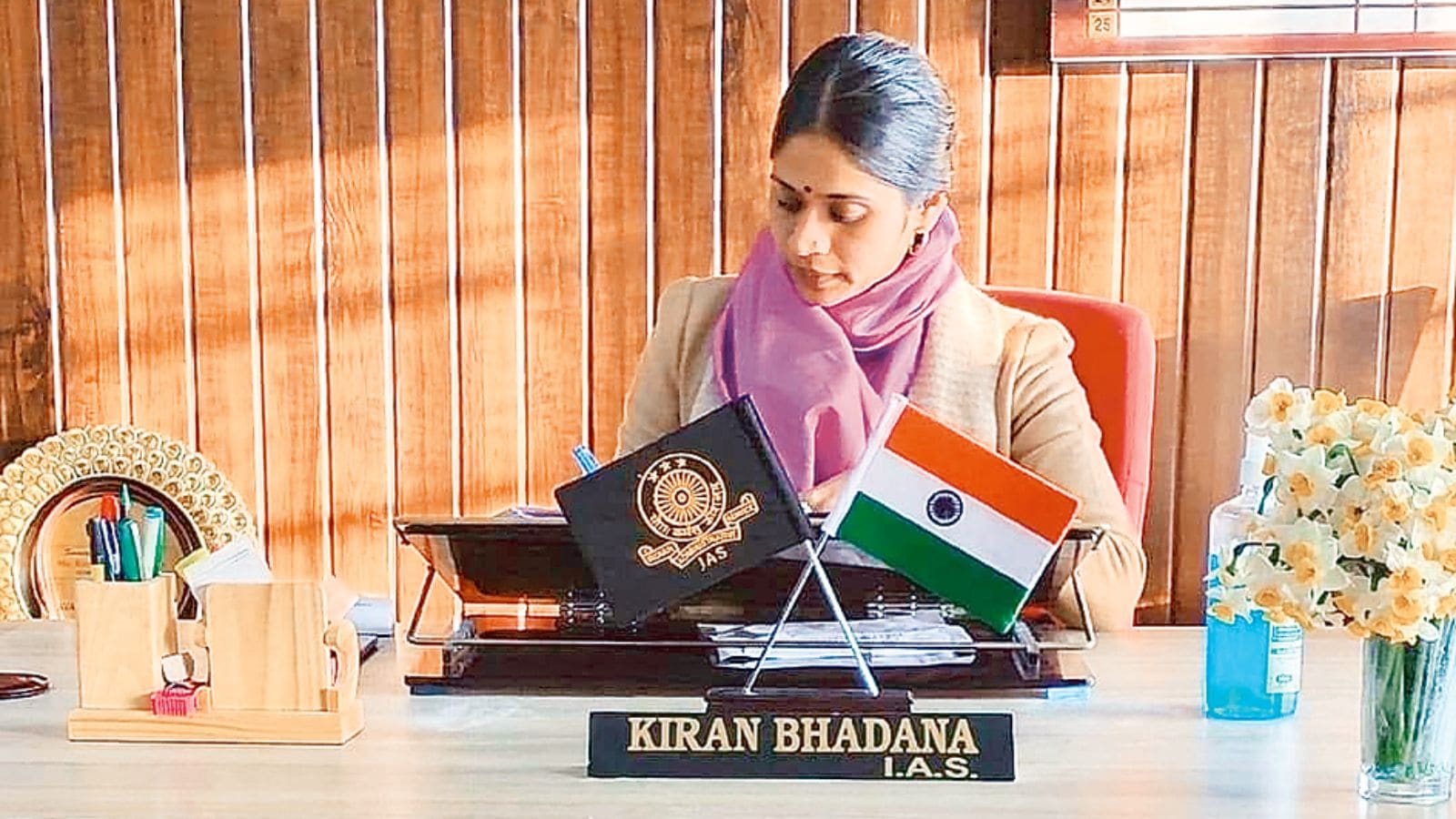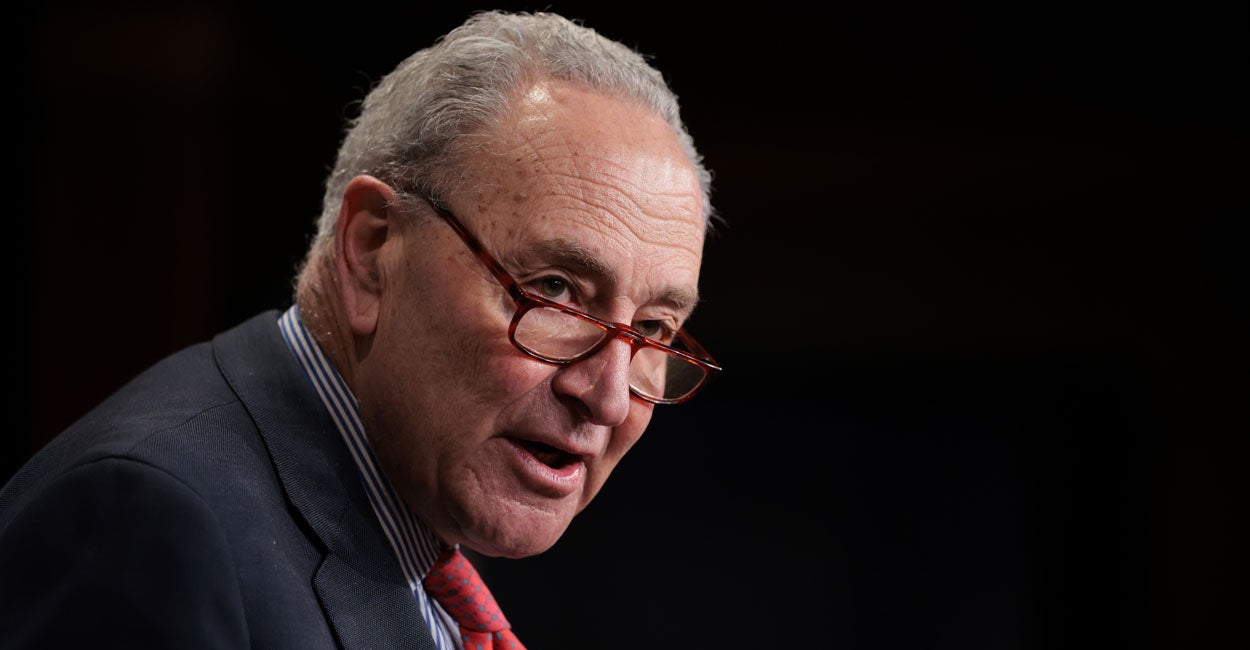5,793 people died while waiting for surgery at the Caja between 2023 and January 2025

QCOSTARICA — A total of 5,793 people died between January 2023 and January 2025 while waiting for surgery in various specialties at the Caja Costarricense de Seguro Social (CCSS) – the state Social Security Fund, in charge of most of the nation’s public health sector, according to letter “GM-2334-2025” from the institution’s Medical Management to María Marta Carballo Arce, a legislator of the Partido Unidad Social Cristiana (PUSC), María Marta Carballo Arce. The role of the CCSS in public health is key in Costa Rica, playing an important part in the state’s national health policy making, and whose services are available to all citizens and permanent legal residents. The letter, dated February 17, 2025, states that these patients waited an average of 540 days for surgery but never received the medical intervention they needed. Although there is no way, at this time, to determine whether all of these people died as a result of the condition they had and for which they were awaiting surgery, the fact that they had to wait so long for surgery is truly concerning. These are the averages, but a closer look at the figures reveals that, for example, during that period, 1,515 people waiting for general surgery waited an average of 621 days before dying, or that 779 patients requiring orthopedic surgery had a wait time of 807 days. It’s shocking to even imagine that 110 people lost their lives after waiting an average of 708 days to access neurosurgery, and 87 patients with heart problems went 395 days without receiving cardiovascular surgery. The Medical Management document also reveals that 144 patients waited 178 days to receive their surgical oncology surgery, which never arrived. Legislator Carballo emphatically stated that at no point has she stated that the 5,793 people who died while waiting for medical attention died directly due to the condition for which they were on the waiting list and that the document corresponds to people who died while waiting for a slot to undergo surgery. “Given this, it is unacceptable that in this country there are people who die while waiting for care, without having received a timely response from the State. I refuse to accept this to exist in our social security system and we should accept this reality,” said the legislator. For his part, the Secretary General of the National Association of Public and Private Employees (ANEP), Albino Vargas, who released the statement, condemned this situation as a clear violation of the most sacred fundamental right of all people: the right to life. “All governments, including the current one, have been afraid of the private sector in medical specialties, which is woven with the complacency of those who should be overseeing the work of these professionals, the entities responsible for ensuring adequate human resources, and those in charge of training,” Vargas stated. While these lives are being lost, the union leader added, there are operating rooms in hospitals that are barely used, while there are around 9,000 general practitioners whose access to postgraduate specialization training is blocked. The PUSC legislator added that she has maintained a fight to increase the supply of specialist doctors, which currently, according to data from the Medical Association as of March 2025, amounts to just 6,025 active professionals. “This figure is clearly insufficient and represents one of the main causes of the collapse of the waiting lists, although many, driven by private interests, try to divert attention and ignore it. That is why we are presenting concrete solutions with Bill 24,015, seeking to eliminate the obstacles that, in defense of private interests, have been imposed on the training and incorporation of specialist physicians.” When the market prevails over life There are conditions that should not wait for intervention, because the mere need for surgery implies that the person requires almost immediate attention, such as those who have waited for cardiovascular surgery, neurosurgery, or peripheral vascular surgery, among others. According to Sofía Bogantes, cardiologist and director of the Unión Nacional de Empleados de la Caja y la Seguridad Social (UNDECA), the national union of employees of the Caja, the consequence of being on a waiting list for any of these medical interventions is the loss of biological chance. That is, by not having surgery in a timely manner, the expected benefit of the procedure is lost, and in fact, the time comes when the disease may be so advanced that surgery cannot be performed. “In the case of cardiology, for example, the specialty has been determined by alleged conflicts of interest. We could say it operates as a kind of private monopoly, since the service offering (number of specialists) being trained or incorporated is meager compared to the need, and a comprehensive solution requires specialized human resources, because the Caja already has the infrastructure, equipment, and supplies,” the specialist stated. And once again, the core of the problem lies in the lack of sufficient personnel, which at the same time prevents the widespread training of specialists. Many argue that this is linked to the fact that many are grouping together to earn millions under abusive salary systems, knowing that if more specialists were to join, their income would be reduced. CCSS says waiting times have been reduced According to data from the CCSS AES-Medical Management, currently, the average waiting time as of March 2025 is 353 days at the institutional level. “It should be noted that cases on waiting lists are not treated as they arrive, but rather that the attending physician also takes into account factors that establish case priority,” the department stated. Despite this, it is clear that case triage includes the exclusion of deceased patients, thus reducing waiting times.


















